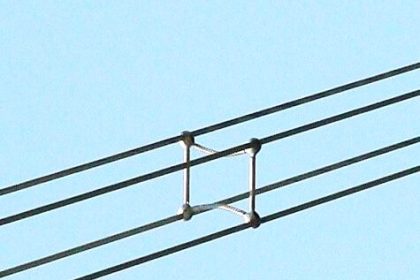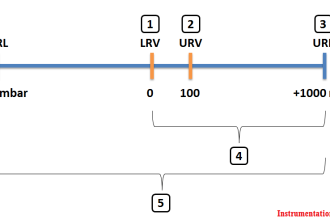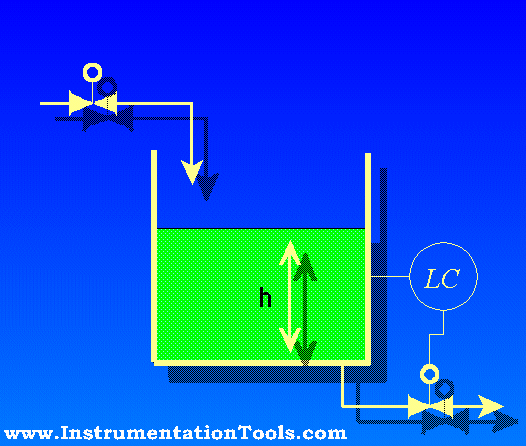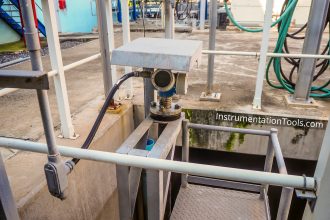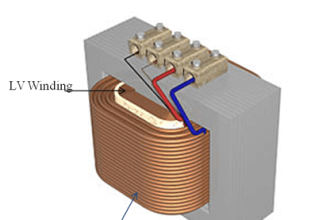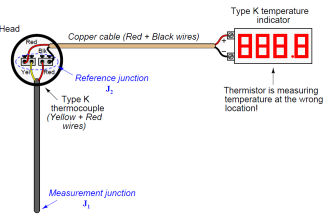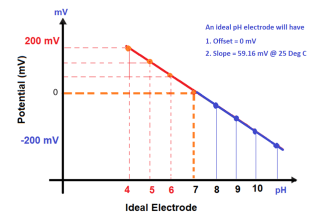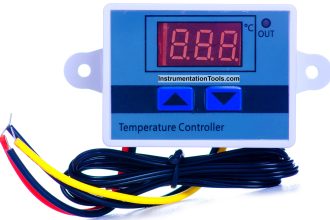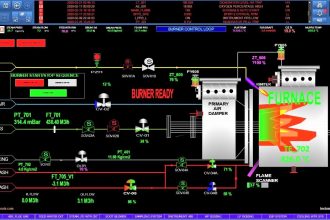AC and DC modes of transmission and distribution of power has both advantages and disadvantages:
- DC requires only two conductors for transmission and it is possible to transmit the power through only one conductor by using earth as return path. Hence much copper is saved
- There will be no inductance, capacitance, phase displacement and surge problem in dc transmission
- Because of the skin effect in ac system current conducts only through the surface of the conductor. On the the other hand dc system will not have skin effect. Hence all the conductor will be utilized for carrying conductor. Therefore conductor size reduces in dc for the same current carrying capacity when compared to ac system
- The potential stress on the insulator in the case of dc system is 1/(21/2) times of that in ac system for the same working voltage. Hence for the same working voltage less insulation is required in dc compared to ac system
- Charging currents which contributes to the continuous loss even on no load is eliminated in dc system compared to ac system
- A DC line has less corona loss compared to ac system and reduced interference with the communication circuits.
- Since there is no inductance, the voltage drop in the dc transmission system line due to inductive reactance does not exist. Hence the same load and sending end voltage voltage regulation of the dc system is better compared to ac system
- No stabilizer is required for transmission over long distances
- Since the concept of power factor is absent in dc systems, no need of power factor correction equipment in the power system
- The only difficulty in the dc system is to obtain the high voltage required for transmission as electrical power neither generated at high voltages nor the dc voltage cannot be stepped up where as ac system can be stepped up and can be stepped down based on the requirement
- Other advantage of ac system is that electrical power can be generated at high voltages easily and maintenance of ac substation is cheaper and easier
- Distribution of ac system is undoubtedly superior to that of a dc system as in the ac system voltage control is easy by means of transformers
